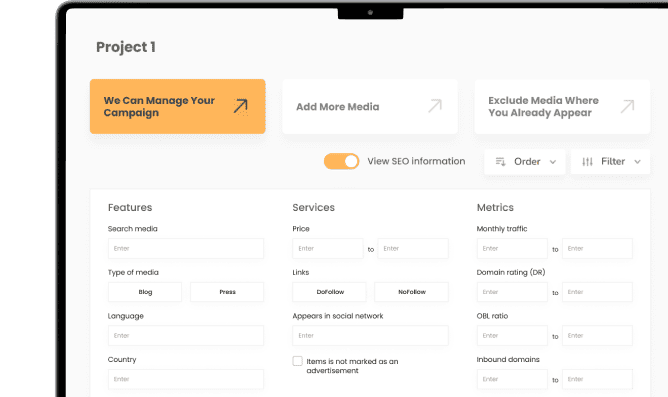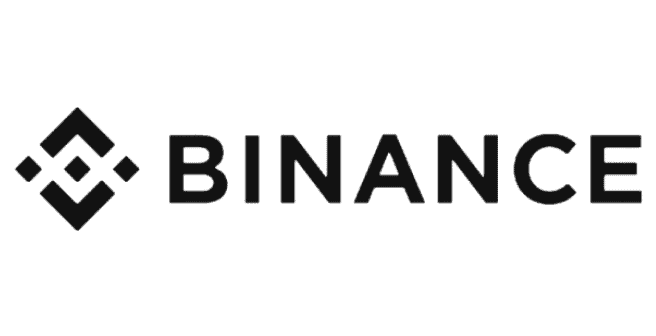When we talk about effective link building strategies, contextual links always play a leading role.
We don’t say this just as theory: we have verified it in dozens of real campaigns at Growwer. They are the ones that work best when the goal is to improve authority, organic ranking, and qualified traffic. But not just any link or any placement will do: they have to be well integrated, in relevant contexts, and on media aligned with your niche. In this article, we explain what contextual links are, how to get them, and how to get the most out of them within your SEO strategy.

What Are Contextual Links and Why Do They Matter in SEO?
A contextual link is a backlink naturally included within the body of a page’s content, usually in a paragraph of text directly related to your website’s topic. In other words, it’s not a forced or generic mention: it’s surrounded by keywords and semantically connected concepts relevant to what you offer.
From Google’s algorithm perspective, this type of link is the most valuable. Why? Because it provides context, thematic coherence, and is perceived as natural. Moreover, it helps improve user experience (UX) by directing users to complementary content, which is also positive for your SEO.
In summary: a contextual link not only passes authority, but does so with more strength and credibility than other types of links.
Real Advantages of Contextual Links Compared to Other Types
Not all links are equal. In our link building campaigns, we have analyzed the impact of multiple formats: footer links, link lists, sidebars, mentions in media without relevant content… And what we’ve seen is clear: contextual links outperform the rest by far in terms of:
- Domain authority transfer
- Improvement of rankings for specific keywords
- Reduction of toxic link profile
- Increase in qualified referral traffic
- Higher click-through rate from external sources
This happens because Google values links that are part of meaningful text rather than isolated links or those added in secondary blocks. Also, since they are integrated into real articles, they are usually surrounded by content rich in related keywords, which amplifies their effect.
How to Get Quality Contextual Links
Here is where the challenge lies. Getting quality contextual links is not as simple as paying for a link anywhere. It involves working with media outlets that publish original, well-written content related to your sector.
At Growwer, we manage campaigns with media that allow publishing contextualized content, avoiding generic templates or poorly written texts. These are some effective strategies to get them:
- Well-written guest posts providing real value to readers and naturally integrating the link.
- Linkable content campaigns (studies, guides, free tools) that other websites want to cite.
- Well-targeted press releases providing newsworthy content.
- Collaborations with vertical media or niche blogs with good authority.
- Contextual link building managed by tools like Growwer, where we filter media by theme and authority.
The trick is to think about the content first, then the link—not the other way around. If the text makes sense, the link flows naturally and Google values it much more.
Strategies to Use Contextual Links Effectively
Once you have the opportunity to place contextual links, it’s important to do so wisely. Here are some tips based on our experience:
- Diversify anchor texts. Use natural variations: brand name, URL, long tail keywords, generic phrases like “this study,” etc.
- Don’t overuse the same domain. Ideally, distribute links progressively across different sites with good authority.
- Align each link with a specific target keyword to work SEO on particular pages.
- Control frequency and pace. A strategy of 5 links per month over 3 months tends to be more effective (and safer) than 15 links in one week.
- Ensure the content surrounding the link is high quality; being on a page without thematic coherence is useless.
At Growwer, we have seen how these small decisions make the difference between a campaign that boosts organic traffic and one that barely moves the needle.
Common Mistakes When Working with Contextual Links and How to Avoid Them
Although the theory is clear, some mistakes are still frequently made. Some of the most common are:
- Always using the exact same anchor text, which signals over-optimization.
- Publishing on media not thematically related to your sector, even if they have good authority.
- Inserting links into “filler” articles or poorly edited AI-generated content that adds no value and may end up deindexed.
- Ignoring analysis of the linking page (number of outbound links, real authority, visibility…).
- Prioritizing quantity over quality, which can be counterproductive.
Avoiding these mistakes is key for a contextual link campaign to be effective and safe in the medium and long term.
How We Measure the Impact of Contextual Links at Growwer
One of the keys to our work at Growwer is measuring, comparing, and optimizing. When managing contextual link campaigns for our clients, we analyze:
- Increases in target keyword rankings
- Growth of organic traffic to linked URLs
- Evolution of domain authority and visibility
- CTR from external media
- Indexing time of linked content
We also monitor whether links remain active, if linked content stays indexed, and if improvements are sustained.
Thanks to this approach, we have been able to prove that well-managed contextual links not only improve rankings but also help build sustainable authority.
Contextual links are not a fad or a one-time trick: they are one of the most solid pillars within any positioning strategy. When obtained naturally, on well-selected media, with quality content and a smart strategy behind them, their impact is visible and lasting.
At Growwer, we firmly believe in this approach because we have validated it across multiple sectors and hundreds of clients. Betting on this type of links not only improves your SEO but also your digital reputation and your ability to compete in the most competitive SERPs.
Thinking about improving your link strategy? Our recommendation: start with contextual links. They are the ones that truly make the difference.







